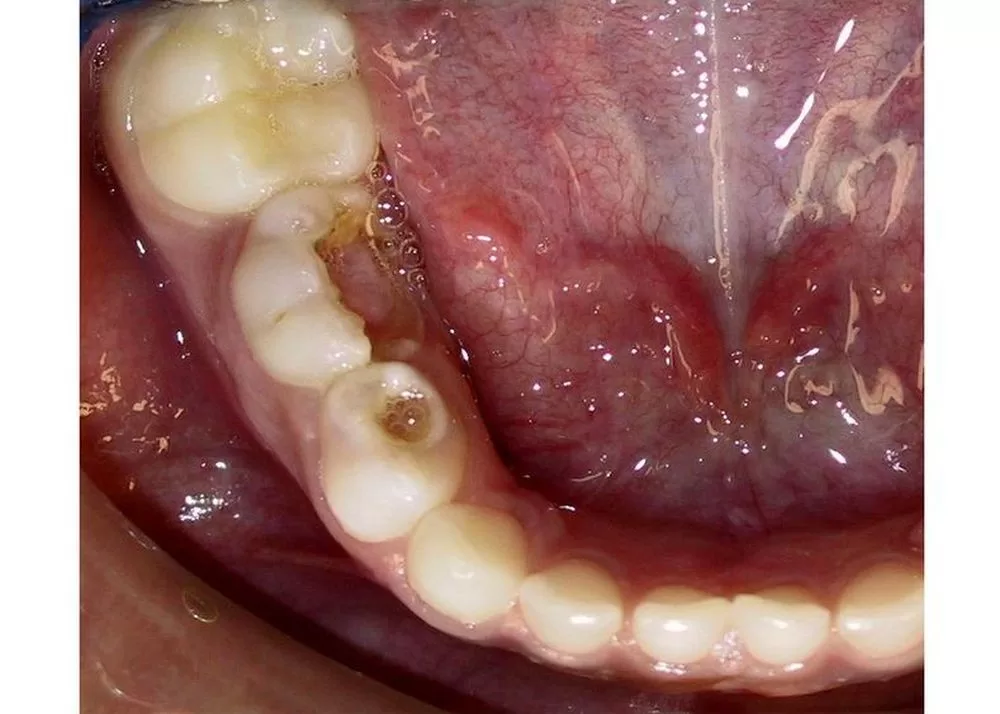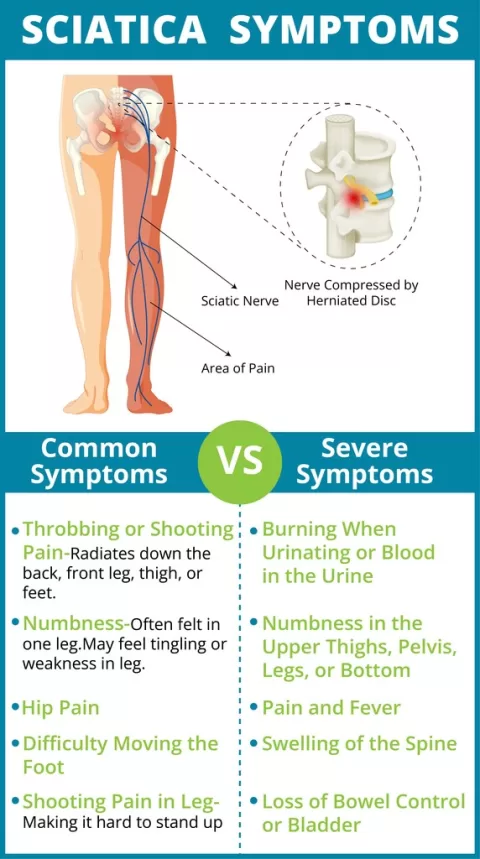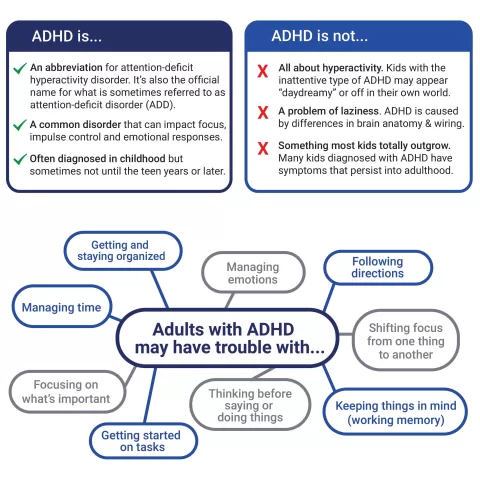A brain abscess from tooth infection, while rare, is a serious medical condition that can arise from untreated dental issues. When bacteria invade the pulp of a tooth, the infection may extend beyond the oral cavity, leading to severe complications, including a brain abscess. It is crucial to recognize tooth infection symptoms early, to prevent the bacteria from causing dire outcomes. The signs of serious infection can escalate, manifesting as brain abscess symptoms like persistent headaches, fever, and confusion. If you suspect a dental infection or experience any concerning symptoms, it’s essential to understand when to seek medical help, as prompt intervention can save lives.
When we discuss the repercussions of tooth issues, terms such as dental abscess or oral infection come to mind. A dental infection can sometimes lead to the formation of a pus-filled cavity in the brain, known as a cerebral abscess. Recognizing the early indicators of a dental infection is fundamental to avoid complications. Symptoms such as unusual headaches, high fever, or mental confusion may signify a serious condition requiring immediate attention. Awareness of these medical terms and their implications helps underline the importance of dental health and timely medical care.
Recognizing Tooth Infection Symptoms Before It’s Too Late
Tooth infections may initially present benign symptoms, such as mild toothache or sensitivity, but they can quickly escalate into more severe issues. Common symptoms include redness and swelling around the affected tooth, throbbing pain, and sharp discomfort when biting down. Additionally, individuals may experience swelling of the face and neck, which indicates that the infection is spreading. Recognizing these warning signs is crucial for preventing further complications.
When a tooth becomes infected, it’s essential to monitor any accompanying symptoms. Fever and foul taste in the mouth are also indicators that dental health is deteriorating. If an individual notices any significant changes, such as persistent pain not alleviated by over-the-counter medications, it is imperative to seek advice from a dental professional promptly. Addressing these symptoms early can greatly decrease the risk of developing more severe consequences.
Understanding Brain Abscess Symptoms from Tooth Infections
A brain abscess resulting from a tooth infection can be life-threatening. Symptoms indicating such serious developments should never be overlooked. Severe headaches that intensify over time can often signify increased intracranial pressure, frequently associated with brain abscesses. Additionally, unexplained fevers and chills may accompany this pain, acting as bodily alerts to underlying health threats.
Changes in mental status, such as confusion, disorientation, or difficulty concentrating, are critical symptoms that suggest the infection has progressed. Neurological deficits, including limb weakness or impaired coordination, are alarming signs that must be addressed immediately. These symptoms collectively illustrate the urgency to seek medical attention as they indicate that an infection has potentially penetrated the central nervous system.
When to Seek Medical Help for Dental Infections
The significance of understanding when to seek medical help following a dental infection cannot be overstated. Individuals who experience persistent symptoms such as debilitating headaches, a high-grade fever, or neurological changes should not hesitate to consult with healthcare professionals. These signs are indicative of possible complications, including a brain abscess, which require immediate intervention.
In situations where someone displays multiple signs of serious infection, such as swelling of the face and neck along with elevated heart rates, the risk of systemic infection escalates. Consulting with a physician or dentist can provide essential guidance on diagnosis and treatment options, which often include imaging studies to determine the extent of the infection and the best course of action.
The Diagnostic Process for Brain Abscesses from Tooth Infections
Diagnosing a brain abscess due to a tooth infection typically begins with a thorough clinical evaluation, emphasizing the patient’s reported symptoms. Imaging techniques like CT scans or MRI play a crucial role in identifying the location and size of the abscess, and they can also reveal whether the infection has spread from the oral cavity. Blood tests are essential for detecting infection markers, providing further insight into the body’s response to the bacterial invasion.
In many cases, additional tests may be warranted to rule out other conditions that mimic brain abscess symptoms. Once a diagnosis is confirmed, treatment often involves a combination of antibiotics to eliminate the infection and potential surgical procedures to drain the abscess if it proves to be extensive. Addressing the initial dental issue is equally vital to prevent recurrence of infection.
Prevention of Tooth Infections and Associated Risks
Preventing tooth infections is key to avoiding serious complications such as brain abscesses. Individuals can take proactive steps by maintaining a strict oral hygiene regimen, incorporating brushing, flossing, and regular dental check-ups. These practices facilitate early detection of issues like cavities or gum disease, which are often precursors to more significant infections.
In addition to personal care, understanding one’s health conditions is critical in risk management. Conditions such as diabetes or diseases affecting immunity can increase susceptibility to dental infections. Regular consultations with healthcare providers and dental professionals can help monitor and manage these risks effectively. By prioritizing oral health, individuals can significantly reduce the likelihood of developing serious complications from tooth infections.
Frequently Asked Questions
What are the common symptoms of a brain abscess from tooth infection?
Common symptoms of a brain abscess resulting from a tooth infection include severe headaches, high fever, confusion or altered mental states, neurological deficits such as weakness or speech difficulties, and other symptoms like nausea and sensitivity to light. It’s essential to recognize these signs early for prompt medical intervention.
When should I seek medical help for signs of serious infection after a tooth infection?
You should seek medical help immediately if you experience severe headaches accompanied by confusion, neurological symptoms, or a high fever after a tooth infection. These could indicate that the infection has spread and requires urgent treatment.
What complications can arise from untreated dental infections?
Untreated dental infections can lead to serious complications, including a brain abscess. Other dental infection complications may include facial swelling, systemic infections, and even systemic conditions affecting the heart or lungs if the bacteria enter the bloodstream.
How are brain abscess symptoms different from general tooth infection symptoms?
Brain abscess symptoms, such as severe headaches, confusion, and neurological deficits, are more serious compared to typical tooth infection symptoms, which include localized pain, swelling, and sensitivity. Brain abscess symptoms indicate the need for immediate medical evaluation due to the risk of life-threatening conditions.
What steps can I take to prevent tooth infections that might lead to a brain abscess?
To prevent tooth infections that could lead to a brain abscess, practice good oral hygiene with regular brushing and flossing, schedule routine dental check-ups, manage health conditions like diabetes, and avoid tobacco use. These measures can significantly reduce your risk of dental infections.
| Key Point | Details |
|---|---|
| Introduction | Tooth infections can lead to brain abscesses, which are serious but rare complications. |
| Understanding Brain Abscesses and Tooth Infections | Tooth infections can spread bacteria causing pus collection in the brain. |
| Spread of Infection | Infection may spread through the bloodstream, particularly in immunocompromised individuals. |
| Symptoms | Severe headaches, fever, confusion, neurological deficits indicate serious condition. |
| When to Seek Medical Help | Seek immediate medical evaluation if you notice any severe symptoms. |
| Diagnostic Process | CT scans, MRIs, and blood tests confirm the presence of abscess and extent of infection. |
| Treatment | Includes antibiotics, possible surgery, and addressing dental issues. |
| Prevention | Regular check-ups, good oral hygiene, managing health conditions, and avoiding tobacco are key. |
Summary
Brain abscess from tooth infection is a serious health concern that requires prompt attention. Recognizing the symptoms such as severe headaches, high fever, and alterations in mental state is critical for timely medical intervention. By maintaining good oral hygiene, having regular dental check-ups, and managing overall health, individuals can significantly reduce the risk of developing tooth infections that could lead to such complications. Being informed about these risks and the importance of swift action can help prevent severe outcomes associated with this rare but serious condition.
The content provided on this blog (e.g., symptom descriptions, health tips, or general advice) is for informational purposes only and is not a substitute for professional medical advice, diagnosis, or treatment. Always seek the guidance of your physician or other qualified healthcare provider with any questions you may have regarding a medical condition. Never disregard professional medical advice or delay seeking it because of something you have read on this website. If you believe you may have a medical emergency, call your doctor or emergency services immediately. Reliance on any information provided by this blog is solely at your own risk.







